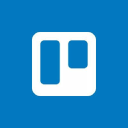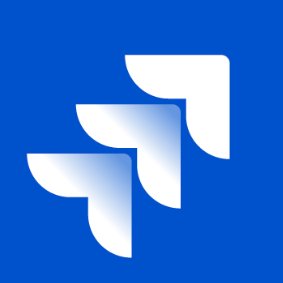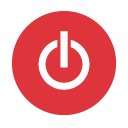How We Started A Digital Tour Guide Platform With Over 500K Users [Czech Republic]
Hello! Who are you and what business did you start?
My name is Jan Doležal and I founded SmartGuide with the mission to turn tourists into explorers. The SmartGuide app turns every phone into a personal tour guide. It guides travelers using audio, geolocation, and Augmented Reality like a live guide, outside of the crowds, safe from Covid-19.
We provide this ready-made technology to tourist attractions, as well as destinations that use our content platform to digitize tour guides easily without the need to develop an app.
3 years since its founding, SmartGuide has exceeded 500 destinations and is approaching half-million users. Top travel brands including the city of Prague, many UNESCO sites, Singapore Heritage Board, and Switzerland Tourism already use SmartGuide as their official guide.























